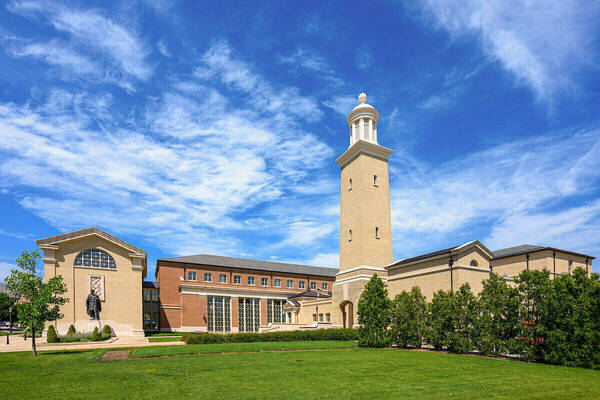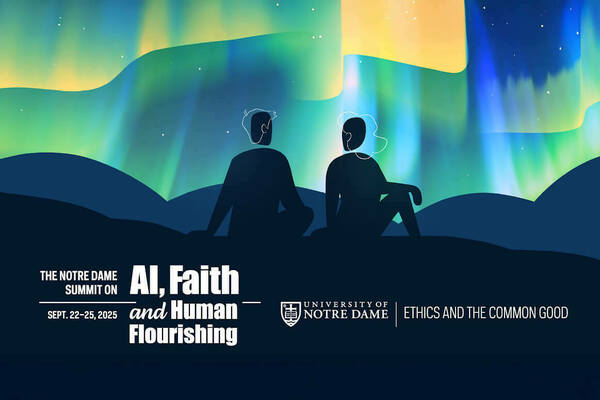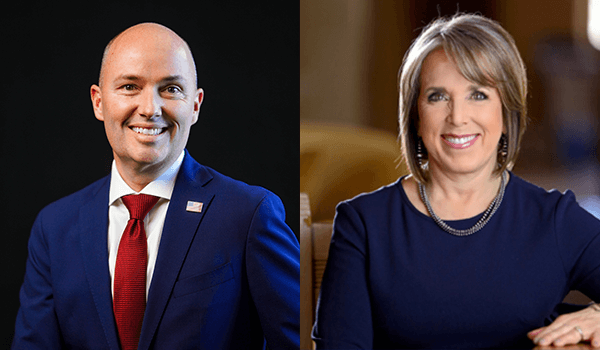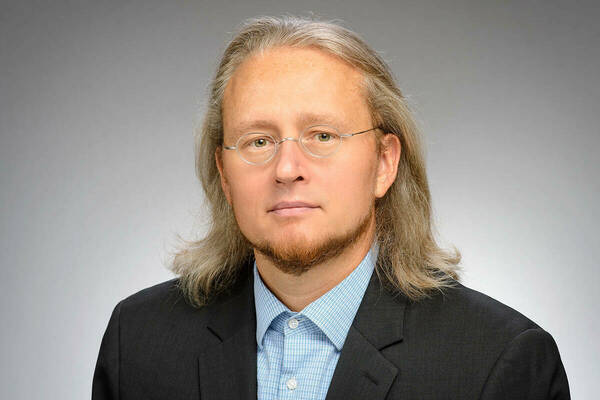Fighting poverty: Research helping our communities
Notre Dame’s Lab for Economic Opportunities (LEO) is using research to fight poverty in a way that makes a real impact.
This podcast episode features Heather Reynolds, managing director of the Notre Dame Poverty Initiative and the Michael L. Smith Managing Director of the Wilson Sheehan Lab for Economic Opportunities (LEO), who shares how Notre Dame’s research has shaped policy changes—such as expanding access to high school diplomas for adults—and helped nonprofits implement programs that truly work. With more than 100 projects in 30 states, LEO’s evidence-based approach is cutting through political divides to create solutions that lift people out of poverty.
We’re also joined by Tracy Kijewski-Correa, the William J. Pulte Director of the Keough School’s Pulte Institute for Global Development. She discusses how her experiences—from being a first-generation student at Notre Dame to leading post-disaster rebuilding efforts—have shaped her work in helping communities build resilience. She also explains how the Keough School’s approach to poverty extends beyond economic hardship, addressing social, psychological, and environmental challenges to foster true human flourishing.
By collaborating with policymakers, local leaders, and global networks, Notre Dame is bridging the gap between poverty research and real-world impact. Listen to the full episode of Notre Dame Stories to learn how Notre Dame is driving change—and why this work matters.
Latest ND NewsWire
- Faculty receive prestigious early career awards from National Science FoundationDuring the 2024-25 academic year, four researchers in the University of Notre Dame’s Colleges of Engineering and Science received early-career awards from the National Science Foundation.
- Notre Dame School of Architecture poised for global leadership through historic investmentThe $150 million gift represents an unprecedented commitment in the 160-year history of American architectural education. In recognition of this landmark gift, the school will be renamed the Matthew and Joyce Walsh School of Architecture at Notre Dame.
- Banks that identify fraudsters increase loyalty, retain more defrauded customers than others who never were compromisedIn a new research study, Vamsi Kanuri, the Viola D. Hank Associate Professor of Marketing at the University of Notre Dame’s Mendoza College of Business, found that banks that identify fraudsters earn customer loyalty and lose customers if they can’t say who was responsible for a fraudulent transaction.
- Notre Dame to host summit on AI, faith and human flourishing, introducing new DELTA frameworkThe Institute for Ethics and the Common Good and the Notre Dame Ethics Initiative will host the Notre Dame Summit on AI, Faith and Human Flourishing on the University’s campus from Monday, Sept. 22 through Thursday, Sept. 25. This event will draw together a dynamic, ecumenical group of educators, faith leaders, technologists, journalists, policymakers and young people who believe in the enduring relevance of Christian ethical thought in a world of powerful AI.
- Notre Dame Democracy Initiative hosts bipartisan conversation with Western state governorsTwo Western state governors known to work across the aisle on policy issues such as water, housing and energy will visit the University of Notre Dame for a fireside chat about how Western state pragmatism can serve as a model for the country to overcome polarization.
- In new research, Roy Scranton explores climate change and the limits of human progressIn his most recent book, “Impasse: Climate Change and the Limits of Progress,” Scranton, an associate professor of English, defines the impasse he sees as “not only political and institutional, but cognitive, existential and narrative” and asserts that the only path forward is through embracing what he terms ethical pessimism. “A lot of people confuse pessimism with nihilism, apathy and despair,” Scranton said. “But pessimism is actually about recognizing our limits, letting go of unrealistic goals, finding solidarity in the fact of human suffering and doing what you can now, not in some utopian future.












